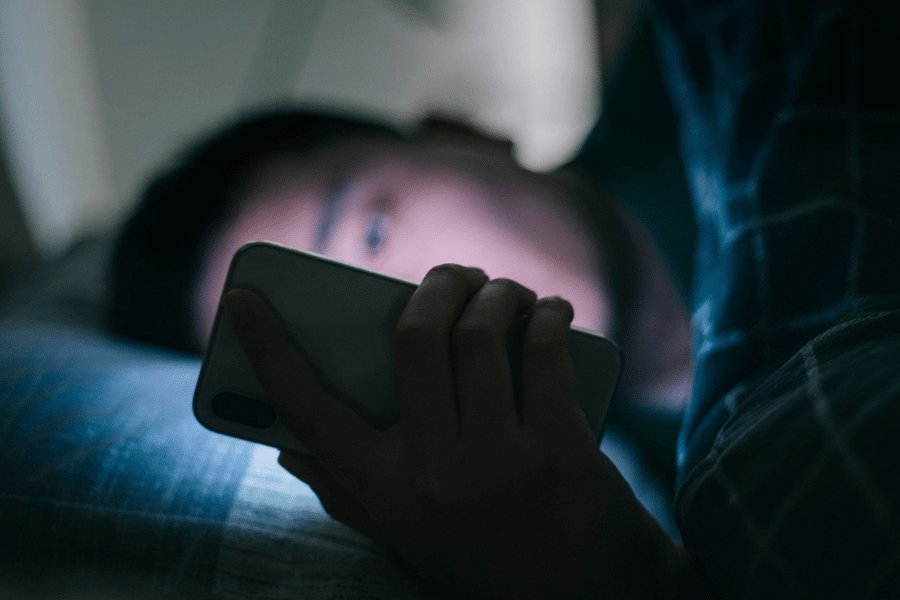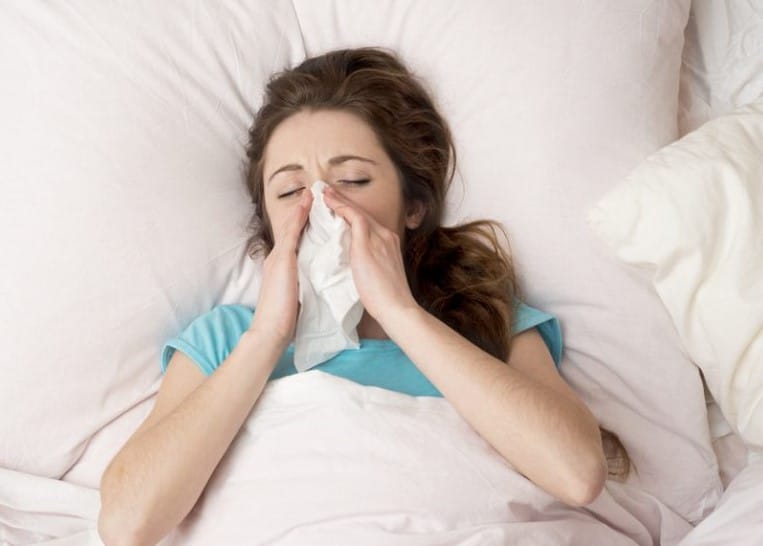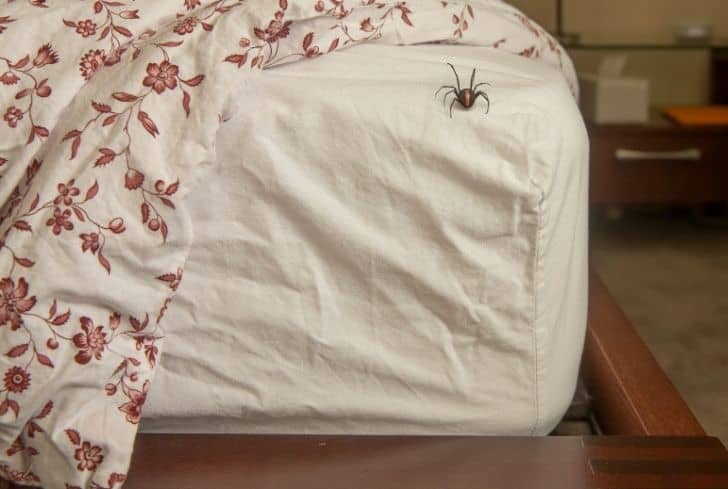

Our bodies rely on the amount of sleep we get in order to perform the necessary functions to live. Lack of sleep can negatively affect both our mental and physical health, so it’s imperative to know how to fix your sleep schedule when it gets thrown off. While sleep schedules vary depending on the person, we need to follow our own rhythms to maintain good overall health. In this article, we’ll go over how your sleep clock works, ways to improve your sleeping habits, and tips for maintaining good sleeping habits too.
To fix your sleep schedule, the first thing you need to do is understand how your sleep clockworks. Once you learn and understand how your internal clock functions, you’ll be better equipped to handle any sleep dysfunction that comes your way.
It’s imperative you learn to follow your circadian rhythm by keeping to a consistent nightly routine. Doing this will train your body to feel tired at the correct times. It will also help you handle yourself when your sleep cycle gets thrown off for any reason.
Having a consistent routine trains your body to react a certain way once it goes through a familiar list of tasks. When you perform a nightly routine while drowsy, your body will eventually train itself to feel tired whenever you start the routine. In other words, you Pavlov yourself into feeling tired every night.
A bedtime routine helps the brain separate day from night and helps you relax right before laying down to sleep. Good bedtime routines consist of a set time every night to begin the routine, and you may add things like yoga or aromatherapy to help you calm down before bed.
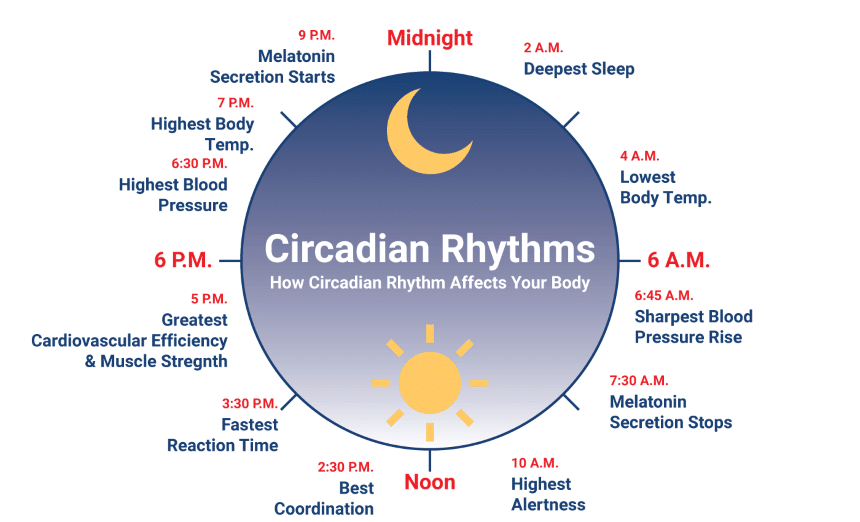
The natural process of circadian rhythm responds to stimuli like light or darkness, and noise can contribute too. Your circadian rhythm is also responsible for coordinating your mental and physical systems. It tells the digestive system when to make certain proteins close to mealtimes, and it will tell your endocrine system to regulate hormones in relation to how much energy you’re using.
There are a variety of things that can throw off your sleep schedule. If you’re dealing with a high amount of stress in school or work, or you have a partner who snores, asleep disruption is imminent.
When your body is exposed to certain stimuli like excessive blue light from electronics or noise you aren’t used to from a noisy sleeper in bed with you, your circadian rhythm sends the wrong signals throughout your body. Therefore, you end up throwing off your schedule, and you’re stuck trying to reregulate yourself.
If you find that you’re struggling with maintaining a solid sleep schedule, there are a number of things you can do to help alongside a consistent routine. Making sure you have the right lighting, and you spend a fair amount of time doing outdoor activities are surefire ways of helping you sleep better. Let’s explore the different techniques for improving your sleep schedule more deeply.
Your circadian rhythm runs mostly on light stimuli. By making sure you use soft and dim lighting closer to nighttime, you help your body learn to feel sleepy. You may also use a few different colors Trusted Source Best Color of Light for Sleep: What Works for Adults and Kids It’s well-documented that blue light can have a negative impact on your melatonin levels. www.healthline.com of light to help initiate sleep.
For starters, soft blue lights are proven to have a calming effect on the body. Now, don’t confuse this with the Bluelight that comes from electronic devices, as this has the opposite effect on sleep than the former. One study also found that red lighting may help during sleep too.

It’s also important to note that the body’s metabolism slows down closer to bedtime, so eating large meals may not suffice well for you if you’re trying to maintain your weight.
According to some research Trusted Source Time Outdoors May Deliver Better Sleep Camping and exposure to natural light helps prime your body for an earlier bedtime, researchers say. www.webmd.com , spending time outside in the natural light can help your body feel tired earlier. This makes sense considering you aren’t around excessive Bluelight when you’re hanging out in the great outdoors.
Engaging in outdoor activities is especially beneficial for people with late internal clocks. Those with a later clock tend to be at higher risk for health complications like obesity, diabetes, and depression, to name a few.
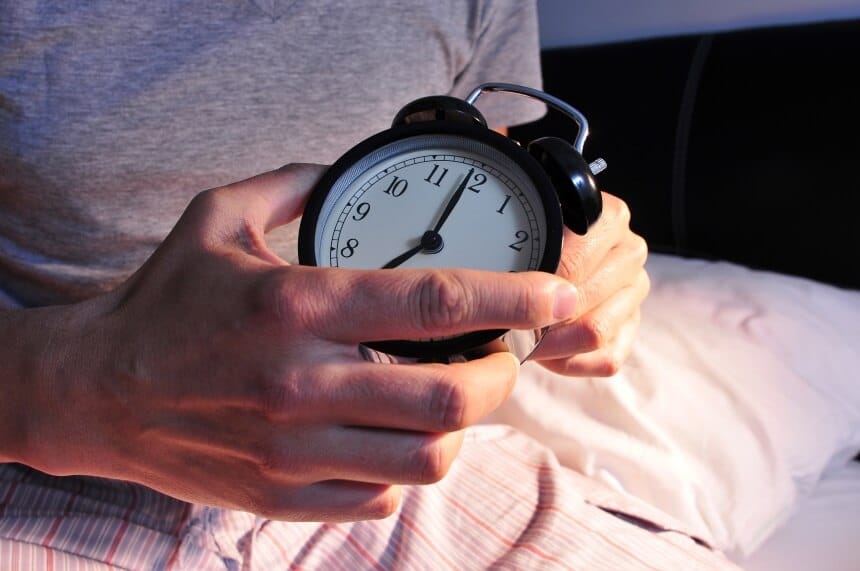
With that said, it’s a very effective way to get your body back on track. However, don’t forget to set the alarm, so you don’t oversleep and start the wonky sleep cycle all over again.
While all of these ways are helpful, the simplest thing you can do is get yourself into a consistent bedtime routine. Draw a bath, practice yoga or breathing, delve into essential oils if you have to. The most important thing to remember when improving your sleep schedule is to make sure you relax before bed.
Going to sleep when you’re still wired or stressed from the day will result in temporary insomnia and trouble staying asleep. Beyond that, you need to make sure you’re using a mattress that is comfortable for your body. Sleeping on an uncomfortable mattress will result in poor sleep.
There are so many things that affect sleep, from work stress to screen addictions. Regardless of the vice, there are healthy ways to maintain a good sleep rhythm. The best thing you can do for yourself when trying to fall asleep is to trust your body and what it’s telling you. There are plenty of ways to do this, but here are six Trusted Source Sleep tips: 6 steps to better sleep - Mayo Clinic Think about all the factors that can interfere with a good night’s sleep — from work stress and family responsibilities to unexpected challenges, such as illnesses. It’s no wonder that quality sleep is sometimes elusive. www.mayoclinic.org of the most helpful:

In general, adults need between 7-9 hours Trusted Source CDC - How Much Sleep Do I Need? - Sleep and Sleep Disorders Although the amount of sleep you get each day is important, other aspects of your sleep also contribute to your health and well-being. Good sleep quality is also essential. Signs of poor sleep quality include not feeling rested even after getting enough sleep, repeatedly waking up during the night, and experiencing symptoms of sleep disorders (such as snoring or gasping for air). Improving sleep quality may be helped by better sleep habits or being diagnosed and treated for any sleep disorder you may have. www.cdc.gov of sleep depending on their age and activity levels. It’s most common for healthy sleepers to get at least eight hours of sleep per night. To stick to your sleep schedule, try to get to bed at the same time each night. To further help your sleep cycle, set the alarm to train your body to wake up at the same time each day.
If you don’t fall asleep right away, experts recommend getting out of bed for 20 minutes and partaking in some type of relaxing activity before trying again.
While you shouldn’t go to bed right after eating a large meal, you shouldn’t go to bed hungry either. If you find yourself feeling a little hungry right before bed, try eating a light snack to curb your hunger until the morning.
Unless you experience opposite effects from caffeine, that should be avoided a few hours before going to sleep too. The effects of things like caffeine, nicotine, and alcohol can take time to wear off, so it’s important to wait a while before going to sleep after consuming any of these.
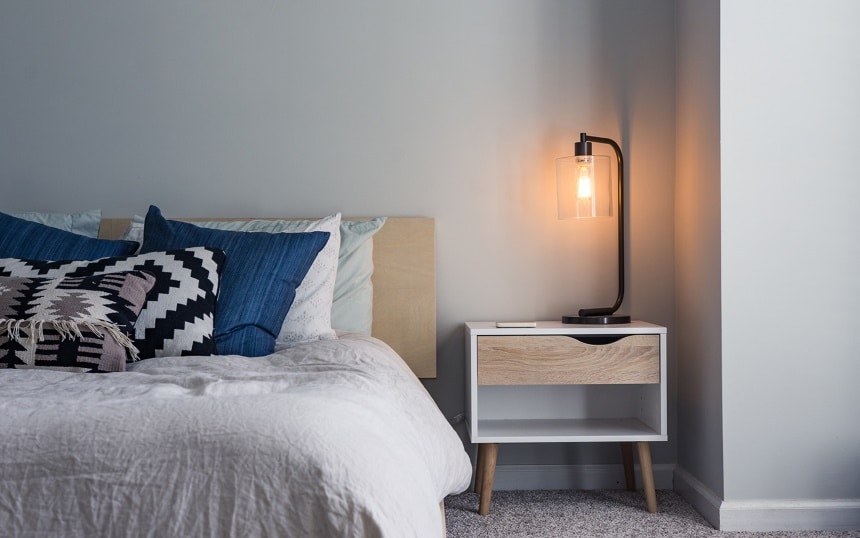
Depending on how firm you like your mattress, it may also be helpful to get a mattress topper to assist you. If you need more stability while sleeping, you may want to try the Pure Green natural latex mattress topper. Many consumers recommend this product because not only does it give more firmness to their mattress, but it helps them keep cool at night too.
Latex mattress toppers are common purchases for people who tend to run hot while sleeping. Because of the material, it’s made of, it does a remarkable job wicking away moisture and ensuring sleepers don’t wake up in a pool of sweat.
You may also consider getting dimming lights for your room too. This way, you can adjust the amount of artificial light in your room to match the time of day.
While it may be tempting to catch a few extra Zs during the day, excessive napping can mess up your body’s natural sleep clock. If you feel like you need a nap, you should limit yourself to 30 minutes and try not to nap too close to when you plan to fall asleep for the night.

To avoid taking your worries to bed with you, try engaging in some type of mindfulness practice before falling asleep. While some people choose to practice yoga in the evening, you may find more solace in keeping a 10-minute journal each night before bed.
Trying to figure out how to fix your sleep schedule can be difficult. However, maintaining a consistent bedtime routine and limiting your exposure to certain things close to sleeping times will go a long way in improving your overall sleep health.
Following the information laid out in this article will set you on the most straightforward path to a healthier sleeping cycle. It will also help you maintain a consistent circadian rhythm, so you don’t have to constantly worry about reregulating your body back to a normal sleep routine.
If you find you’re still struggling with your sleep cycle, you may benefit from consulting with your doctor. Your primary care physician will be able to refer you to a sleep specialist where you can rule out any outlying issues or treat anything you may unknowingly be suffering from.
